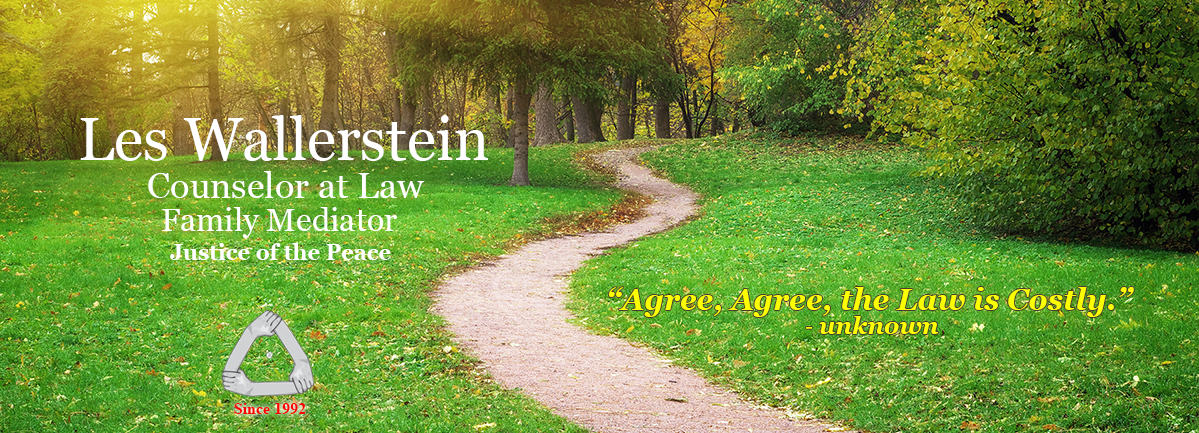Divorce generally ranks among the worst of times in someone’s life. While two people must agree to marry either one can decide to divorce. No one in Massachusetts can be compelled to remain married. When one spouse believes there has been an “irretrievable breakdown of the marriage” and wants to end it, divorce becomes inevitable.
Divorce is the legal procedure that formally ends a marriage. It is (almost entirely) controlled by state law. All divorces have three legal parties: two married spouses and the state. In Massachusetts, The Probate and Family Court represents the Commonwealth’s interests.
In Massachusetts there are three types of divorce. One is based on “fault” and the other two are based on “no-fault”. However, of the two types of “no-fault” divorce only one is actually non-adversarial, also known as an “uncontested” divorce.
A non-adversarial, no-fault divorce (Massachusetts General Laws Chapter 208, Section 1A) requires the willing participation of both parties. Thus there is no plaintiff and no defendant. Instead of a divorce “complaint” there is a “joint petition” for divorce. Instead of a trial there is a hearing. Only a family court judge has the legal authority to end a marriage, accomplished by issuing a judgment of divorce.
Of three types of divorce, only an uncontested, no-fault divorce (M.G.L. c. 208, § 1A) bars the court from making any inquiry into, or considering any evidence of the individual marital fault of the parties. When divorce mediation succeeds, a married couple appears in court for a brief uncontested hearing, where their mediated agreement is approved.
